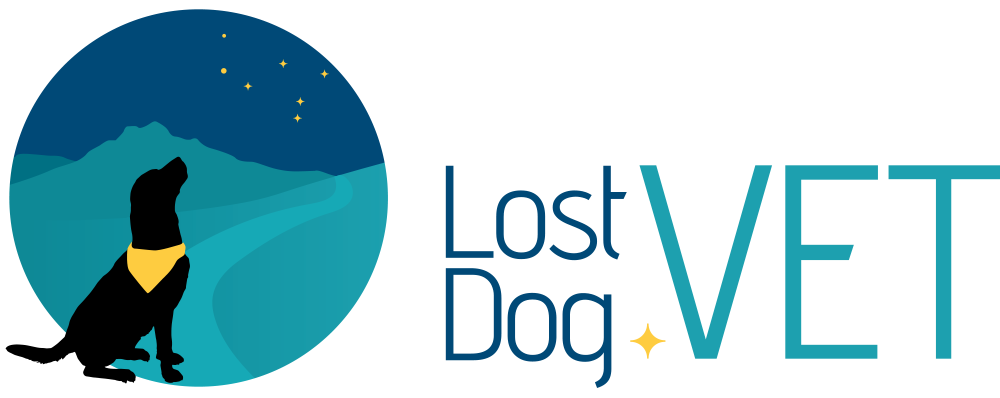Post-Surgical
Veterinary Care Information
Ensuring Your Pet's Swift and Safe Recovery
Caring for your pet after surgery is a critical task that requires attention, patience, and dedication. Post-surgical veterinary care is designed to promote healing, prevent complications, and ensure the overall well-being of your furry friend. This comprehensive guide covers essential aspects of post-operative care, including pain management, wound care, and monitoring for potential complications.
Pain Management
Effective pain management is paramount in post-surgical care. Your veterinarian will likely prescribe medications to alleviate pain and reduce inflammation. It is crucial to follow the prescribed dosage and schedule meticulously. Never administer human pain relievers to pets, as many are toxic to animals. Signs that your pet may be in pain include restlessness, whining, decreased appetite, and reluctance to move.
Administering Medications
Administering medications can sometimes be a challenge. Here are some tips to help you:
- Follow the veterinarian’s instructions carefully.
- Use a pill dispenser if necessary.
- Hide pills in pet-friendly foods or treats.
- Remain calm and gentle to avoid stressing your pet.
Wound Care
Proper wound care is essential to prevent infections and ensure proper healing. Your veterinarian will provide specific instructions based on the type and location of the surgery.
If any of these symptoms occur, contact your veterinarian immediately.
Cleaning the Wound
- Keep the wound clean and dry.
- Use only veterinarian-approved antiseptics and solutions.
- Avoid letting your pet lick or chew the wound.
- Use an Elizabethan collar if necessary.
Monitoring for Infections
Be vigilant for signs of infection, which may include:
- Redness and swelling around the wound.
- Discharge or foul odor from the wound.
- Increased pain or tenderness.
- Fever or lethargy.
Dietary Needs
After surgery, your pet's dietary needs may change. It is essential to provide a balanced diet that supports healing.
Feeding Tips
- Offer small, frequent meals to avoid overloading the digestive system.
- Ensure fresh water is always available.
- Follow any specific dietary recommendations provided by your veterinarian, which may include special recovery diets or supplements.
Monitoring Appetite
Keep an eye on your pet's appetite and ensure they are eating properly. A decreased appetite can be a sign of pain or other complications. If your pet refuses to eat for more than 24 hours, consult your veterinarian.
Activity and Exercise
After surgery, your pet may need to limit their activity to allow proper healing.
Restricted Activity
- Confine your pet to a small, quiet area to prevent excessive movement.
- Avoid stairs, jumping, and rough play.
- Use a leash when taking your pet outside for bathroom breaks.
Gradual Reintroduction to Exercise
As your pet recovers, gradually reintroduce exercise based on your veterinarian’s recommendations. Start with short, controlled walks and slowly increase the duration and intensity.
Monitoring for Complications
Vigilant monitoring is crucial to catch any post-surgical complications early.
Common Complications
- Infections at the surgical site.
- Bleeding or swelling.
- Adverse reactions to medications.
- Changes in behavior or appetite.
When to Contact Your Veterinarian
Contact your veterinarian immediately if you notice any of the following:
- Persistent vomiting or diarrhea.
- Difficulty breathing or coughing.
- Unusual lethargy or weakness.
- Signs of severe pain or distress.
Creating a Comfortable Environment
- Provide a quiet, comfortable space for rest.
- Maintain a routine to offer a sense of normalcy.
- Spend quality time with your pet to offer reassurance and companionship.
Ready to experience a new level of care for your furry friend?
Your pet deserves nothing but the best, and our team at Lost Dog Vet is here to provide just that. From comprehensive wellness exams to preventive care and chronic disease management, we’re committed to providing your pet with compassionate, state-of-the-art care. We invite you to schedule an appointment today to experience the Lost Dog Vet difference. We look forward to caring for your pet’s needs!

